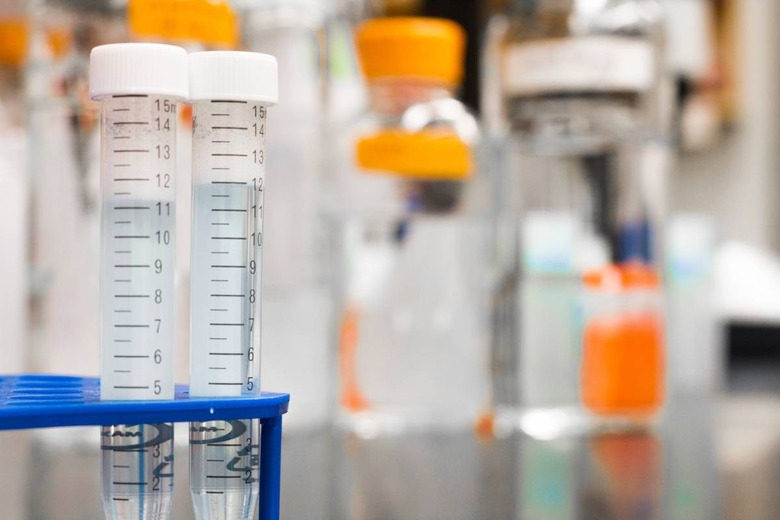WHO Study Finds No COVID-19 Magic Bullet In Remdesivir Or Hydroxychloroquine
A WHO study has shown that some of the most high-profile drugs during the COVID-19 pandemic – and in some cases touted by US President Trump – have little to no effect on coronavirus, casting doubt on co-called "miracle treatments" like hydroxychloroquine. The six month study coordinated by the World Health Organization examined the potential impact of treatments like remdesivir and interferon, which have been repurposed from their normal use in the hope of controlling COVID-19.
Along the way, they've picked up no shortage of controversy. While the US FDA has been granting Emergency Use Authorization (EUA) to some treatments, the agency has not made any claims as to their actual efficacy. Instead, the decision to prescribe or not is left up to healthcare professionals.
That hasn't stopped Trump and others from seizing on the potential for repurposed treatments in the hunt for a COVID-19 golden bullet. Multiple studies have sprung up to examine how much of a help they can actually be, while pharmaceutical companies try to work on vaccines and other treatments. This WHO-led Solidarity Therapeutics Trial is, the World Health Organization says, the largest randomized control trial on such repurposed treatments so-far.
It doesn't make for reassuring reading, either. The study looked at Remdesivir, Hydroxychloroquine, Lopinavir (in fixed-dose combination with ritonavir), and Interferon-β1a (mainly subcutaneous; initially with Lopinavir, later not) in use across 405 hospitals in more than 30 countries. It measured the impact – or lack of – on factors like how often ventilation was required, how long hospitalized patients needed to stay in primary care, and the overall number of deaths.

"These Remdesivir, Hydroxychloroquine, Lopinavir and Interferon regimens appeared to have little or no effect on hospitalized COVID-19, as indicated by overall mortality, initiation of ventilation and duration of hospital stay," the authors conclude. The study has been published as a preprint, and is yet to be certified by peer review. It should not, it's pointed out, be used yet to guide clinical practice.
Meanwhile, the authors also highlight that they did not explore the drugs' effectiveness in other settings. "Other uses of the drugs, for example in treatment of patients in the community or for prevention, would have to be examined using different trials," they point out.
Still, it's enough to put to rest any assumptions that the medications we have on-hand today are sufficient for dealing with the COVID-19 pandemic, particularly as we head into flu season.
"For each of these 4 repurposed non-specific antivirals, several thousand patients have now been randomized in various trials," the study concludes. "The unpromising overall findings from the regimens tested suffice to refute early hopes, based on smaller or non-randomized studies, that any will substantially reduce inpatient mortality, initiation of ventilation or hospitalisation duration. Narrower confidence intervals would be helpful (particularly for Remdesivir), but the main need is for better treatments."
